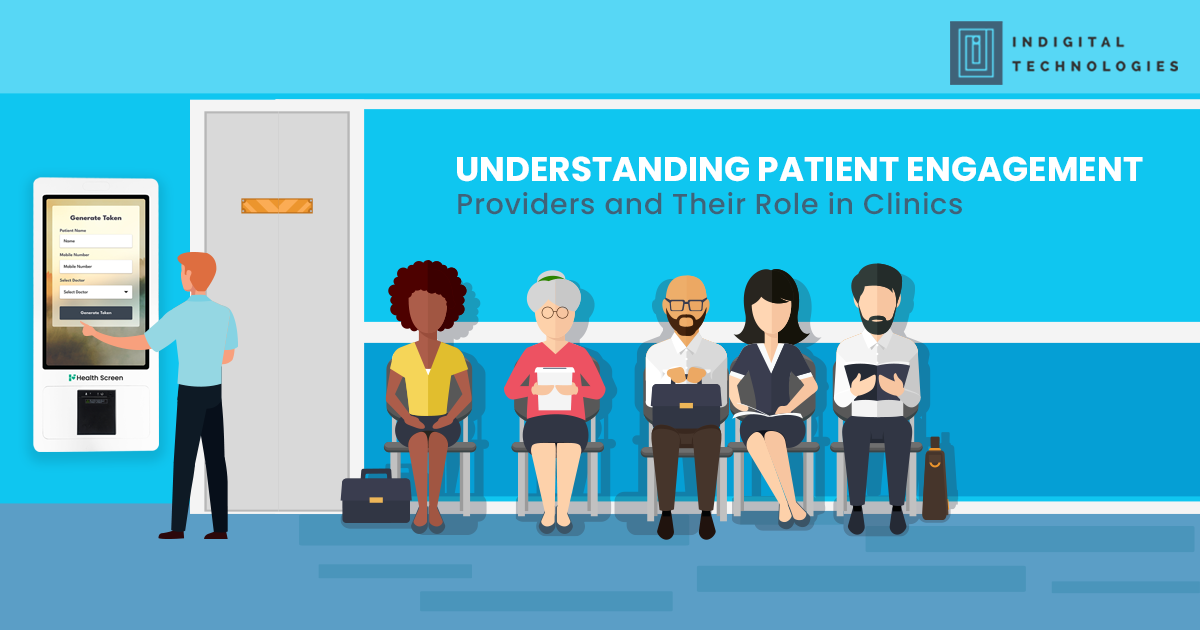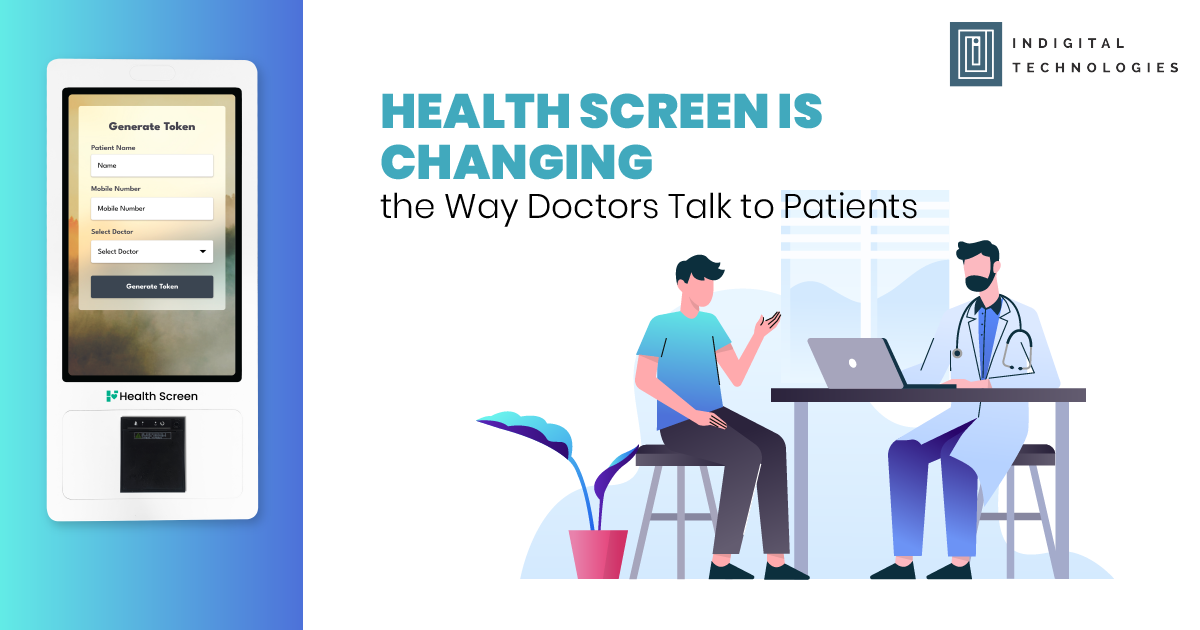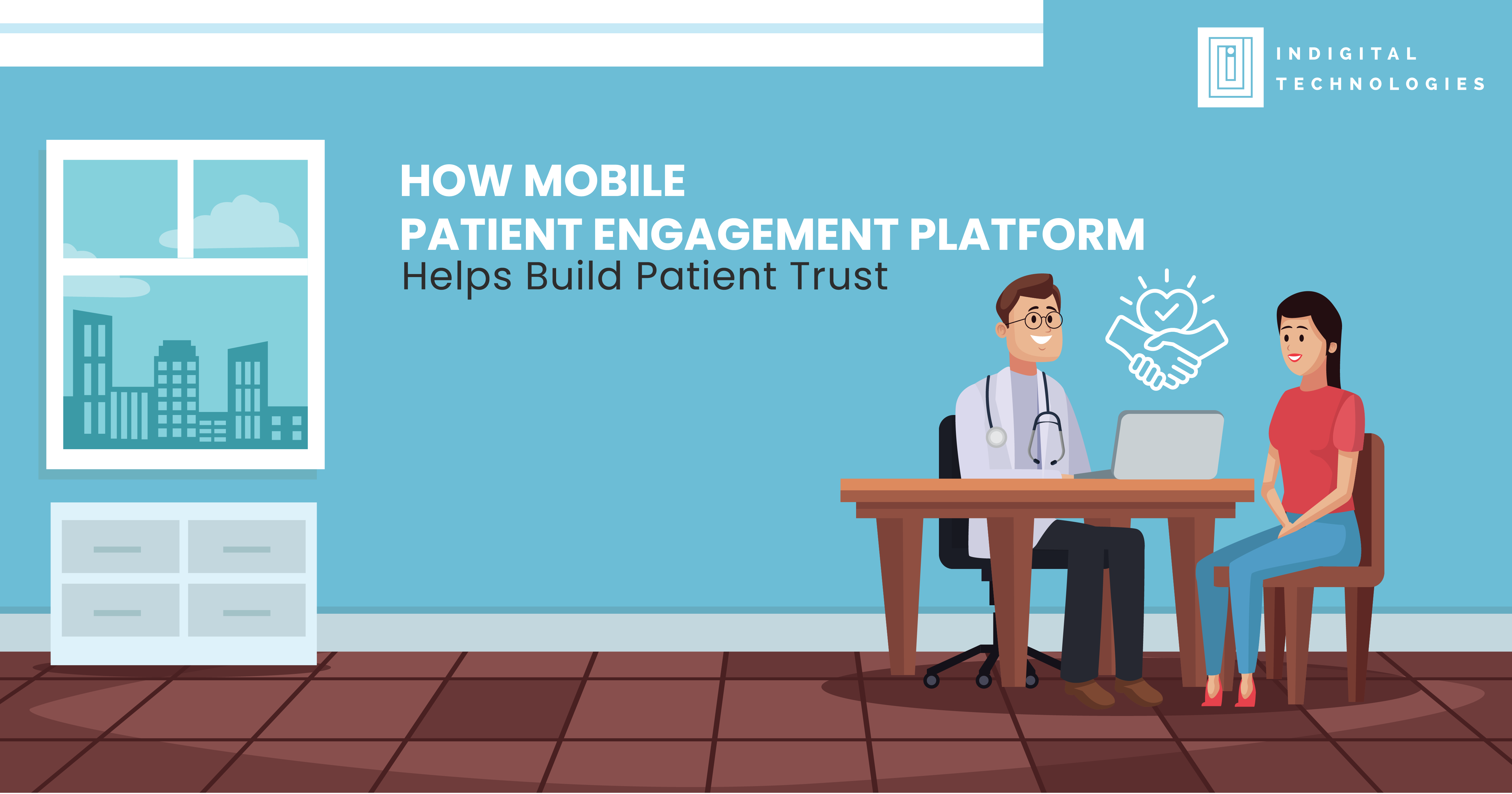In today’s healthcare environment, patient engagement is not just an extra service — it’s an essential part of delivering quality care. Clinics and hospitals around the world are realizing that empowering patients with information, support, and timely communication directly improves clinical outcomes and operational success.
Behind many of these advancements are specialized organizations: patient engagement providers.
For doctors and healthcare managers aiming to future-proof their practices, understanding the role of these providers is key to staying ahead.
Who Are Patient Engagement Providers?
Patient engagement providers are companies that create digital tools and solutions designed to keep patients actively involved in their healthcare journey. Their platforms typically offer:
- Appointment scheduling and reminders
- Educational content delivery
- Treatment adherence support
- Feedback collection and analysis
- Ongoing patient communication
Instead of merely offering isolated features, top engagement providers build integrated ecosystems that support the entire patient journey — from pre-visit education to post-treatment follow-ups.
Why Clinics Need Patient Engagement Partners
Modern clinics face new challenges:
- Patients expect instant communication and digital convenience.
- Managing chronic conditions requires ongoing touchpoints beyond the clinic.
- Healthcare competition is increasing, making patient loyalty crucial.
- Regulatory frameworks are emphasizing informed consent and patient education.
Patient engagement providers help clinics meet these challenges by offering ready-to-use, scalable solutions without forcing doctors to become technology experts.
How Patient Engagement Providers Support Clinics
1. Enhancing Patient Experience
By offering smooth appointment processes, timely educational updates, and personalized communications, clinics can deliver a more professional, caring experience — something that today’s patients deeply value.
A good patient experience translates to stronger satisfaction, loyalty, and word-of-mouth referrals.
2. Driving Better Health Outcomes
Engaged patients are more likely to:
- Follow treatment plans accurately
- Recognize early warning signs
- Communicate concerns promptly
- Take preventive health measures
Engagement platforms play a silent but powerful role in ensuring patients stay on the right path — leading to improved health results for individuals and communities alike.
3. Streamlining Clinic Operations
Automated scheduling, digital feedback forms, and health reminders reduce administrative burdens on clinic staff. Doctors can reclaim more time for meaningful consultations instead of getting bogged down by manual processes.
4. Offering Valuable Analytics
Many providers offer dashboards that allow doctors to track engagement rates, satisfaction scores, and common patient concerns. This data supports smarter decision-making and service improvements over time.
Pharma managers can also collaborate with engagement providers to support therapy adherence programs that ethically complement healthcare delivery.
Choosing the Right Patient Engagement Provider
When selecting a partner, clinics should look for:
- Ease of use: Simple interfaces for both patients and staff
- Customization: Ability to tailor communications based on specialty, patient demographics, and clinic style
- Data security: Compliance with local and international data protection laws
- Scalability: Flexibility to grow as patient volumes increase
- Local relevance: Platforms that can communicate in regional languages and adapt to cultural nuances
Choosing a provider aligned with your practice philosophy ensures smoother integration and better long-term success.
The Future of Healthcare Engagement
As healthcare continues to digitize, patient engagement providers will play an even bigger role. Future trends include:
- AI-driven personalized health tips
- Integration with wearable devices
- Predictive analytics to anticipate patient needs
- Virtual health coaching support
Clinics that partner with the right engagement providers today are positioning themselves to lead in tomorrow’s connected, patient-centered healthcare systems.
Conclusion
Patient engagement providers are more than just technology vendors — they are strategic partners in delivering exceptional healthcare.
By working with these experts, clinics and hospitals can offer better experiences, achieve superior clinical outcomes, and build stronger, lasting relationships with their patients.
In an increasingly competitive healthcare landscape, the clinics that prioritize patient engagement — and choose the right partners — will be the ones that thrive.



